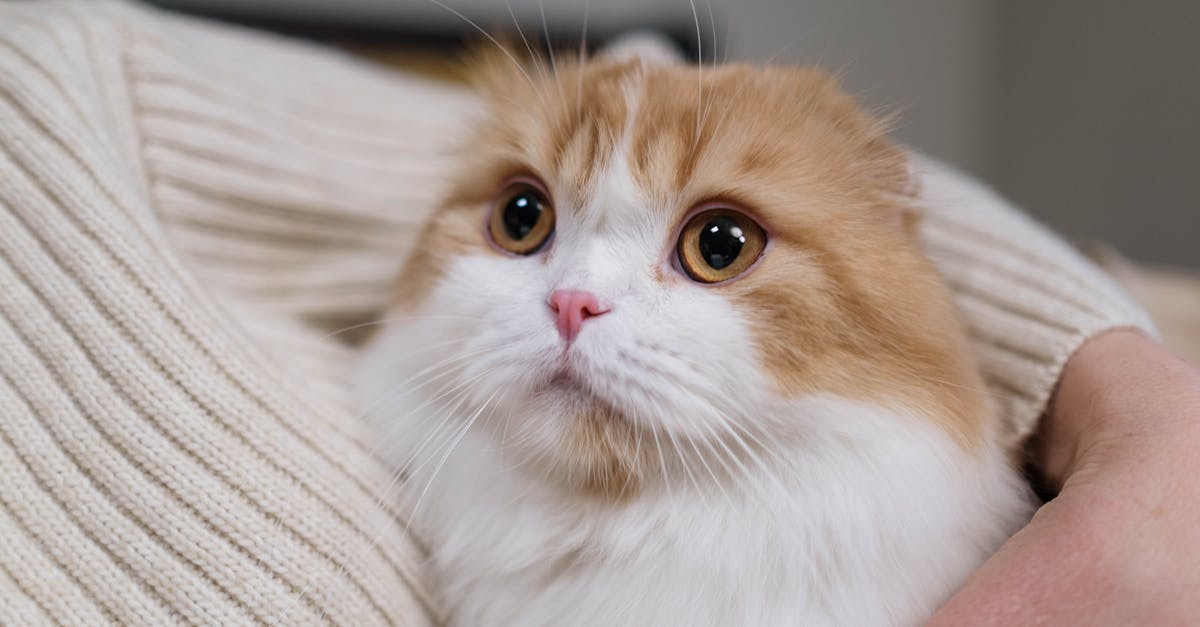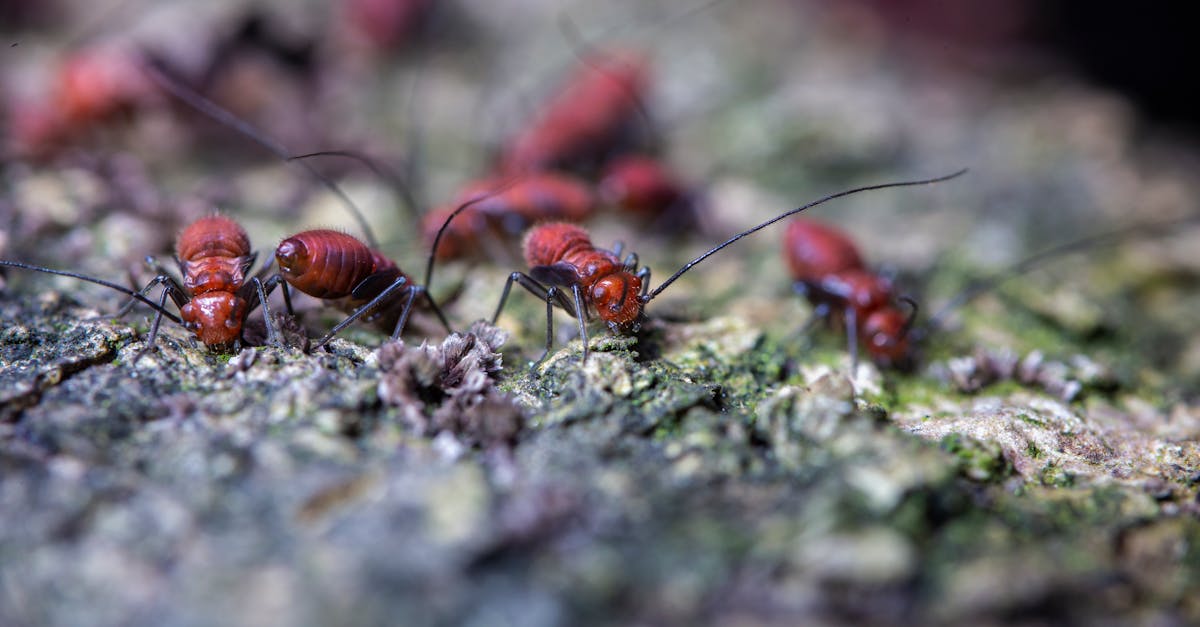Discovering the World of Ant Pets
Ever wonder why some people have ants as pets? I did too, until one day, it dawned on me that these tiny creatures offer a fascinating, low-maintenance, and surprisingly rewarding pet ownership experience. Now that I think about it, ant-keeping, also known as formicarium hobby, might just be the perfect solution for those looking for a unique and affordable pet.
Personally, I’ve found that having ants as pets has brought unexpected joy and learning opportunities into my life. It’s clear that these industrious insects can teach us a lot about teamwork, resilience, and the natural world. If you ask me, the benefits of ant-keeping extend far beyond what one might initially imagine. So, let’s dive into the world of ant pets and explore why they might be the perfect addition to your home.
The Allure of Ant-Keeping: Why Ants Make Great Pets
A Low-Cost, Low-Maintenance Option
One of the first things that struck me about keeping ants as pets is how incredibly affordable and low-maintenance it is. Unlike traditional pets, ants don’t require expensive food, regular veterinary visits, or elaborate habitats. Here’s a thought: imagine if you could have a pet that costs next to nothing to feed and care for. With ants, that’s a reality.
- Feeding: Ants typically thrive on a diet of sugar water, honey, and small insects. These items are easy to find and inexpensive.
- Housing: A simple ant farm or formicarium can be purchased for a modest price, or even made at home with basic materials.
- Maintenance: Ants are incredibly self-sufficient. They clean their own living spaces and require minimal intervention from their human caretakers.
Educational and Entertaining
It’s interesting how much you can learn from observing ants. Studies show that ants exhibit complex social behaviours, such as communication, division of labour, and problem-solving. As someone who enjoys learning about nature, I’ve found that watching my ants interact and work together is both educational and entertaining.
For example, I’ve come to realize that ants can teach us valuable lessons about cooperation and perseverance. Watching them build tunnels, forage for food, and care for their young is a constant reminder of the importance of teamwork and determination. It’s funny how such small creatures can have such a big impact on our understanding of the world.
Unique and Fascinating
From my point of view, one of the most appealing aspects of ant-keeping is its uniqueness. While many people have dogs, cats, or fish, having ants as pets sets you apart and offers a conversation starter. Imagine if you could share fascinating stories about your ants’ behaviour and habits at your next social gathering. You’d be surprised at how intrigued and impressed people can be by the world of ants.
Here’s a quick story: I once had a friend over who was initially sceptical about my ant farm. However, after spending some time watching the ants work and learning about their complex social structure, they were completely captivated. That’s when I realized just how unique and fascinating ant-keeping can be.
The Practicalities of Ant-Keeping: Getting Started
Choosing the Right Species
Before diving into ant-keeping, it’s worth mentioning that not all ant species are suitable for beginners. Some species are more aggressive or require specific environmental conditions. Speaking from experience, I recommend starting with a species that is known for being easy to care for, such as the Black Garden Ant (Lasius niger) or the Red Imported Fire Ant (Solenopsis invicta).
Setting Up the Formicarium
Setting up a formicarium (ant farm) is a crucial step in ant-keeping. The reality is, a well-designed habitat will ensure your ants thrive and remain healthy. Here’s a basic guide to setting up your formicarium:
- Choose the Right Container: A clear plastic or glass container works well. Ensure it has a secure lid to prevent escapes.
- Create a Substrate: Use a mixture of sand and soil to create a natural environment for your ants to dig and build tunnels.
- Provide Food and Water: Place a small dish of sugar water or honey in the formicarium, along with a few small insects for protein.
- Maintain Humidity: Ants need a certain level of humidity to thrive. Mist the substrate lightly with water every few days to maintain moisture.
Acquiring Your Ant Colony
Now you know how to set up the formicarium, the next step is acquiring your ant colony. You can either capture a queen ant during the nuptial flight season or purchase a colony from a reputable supplier. Personally, I’ve found that purchasing a colony is the easiest and most reliable option, especially for beginners.
Caring for Your Ants
Caring for ants is relatively straightforward, but there are a few key points to keep in mind:
- Feeding: Provide a consistent supply of sugar water or honey and protein sources, such as small insects or egg yolk.
- Cleaning: While ants are generally good at keeping their habitat clean, you may need to remove any uneaten food or debris periodically.
- Monitoring: Regularly check on your ants to ensure they are healthy and active. If you notice any signs of illness or distress, consult an expert or ant-keeping community for advice.
The Joys and Challenges of Ant-Keeping
The Joy of Observation
One of the greatest joys of ant-keeping is simply observing these tiny creatures go about their daily lives. It’s common knowledge that ants are incredibly industrious and resourceful. Watching them build intricate tunnel systems, forage for food, and care for their young is a constant source of fascination.
I can’t forget the first time I saw my ants successfully capture and transport a small insect back to their nest. It reminded me of the incredible strength and teamwork that ants possess. From my point of view, the joy of observation is one of the most rewarding aspects of ant-keeping.
The Challenge of Patience
The truth is, ant-keeping requires a certain level of patience. Unlike more interactive pets, ants are not likely to provide instant gratification. Their activities are often slow and methodical, requiring careful observation and a keen eye for detail.
I’ve often wondered if this patience is part of what makes ant-keeping so rewarding. The slow pace and intricate behaviours of ants encourage us to slow down, observe, and appreciate the small wonders of the natural world.
The Reward of Learning
As someone who loves learning, I’ve found that ant-keeping offers endless opportunities for discovery. Whether it’s researching different ant species, learning about their social structures, or observing their behaviours, there’s always something new to learn.
Here’s a funny thing: I never expected to become so engrossed in the world of ants, but the more I learn, the more fascinated I become. It’s clear that ants have a lot to teach us, and the reward of learning is one of the greatest benefits of ant-keeping.
Ant-Keeping Communities: Connecting with Fellow Enthusiasts
Joining Online Forums and Groups
One of the best ways to enhance your ant-keeping experience is by connecting with fellow enthusiasts. There are numerous online forums and groups dedicated to ant-keeping, where you can share experiences, ask questions, and learn from others.
Personally, I’ve found these communities to be incredibly supportive and informative. Whether you’re a beginner or an experienced ant-keeper, you’ll find a wealth of knowledge and camaraderie in these groups.
Attending Ant-Keeping Events
If you’re looking to take your ant-keeping hobby to the next level, consider attending ant-keeping events or meetups. These gatherings offer a chance to meet other enthusiasts in person, exchange tips and advice, and even purchase new ant species or equipment.
It’s funny how attending just one event can open up a whole new world of opportunities and connections. From my point of view, these events are a great way to deepen your understanding and appreciation of ant-keeping.
The Environmental Impact of Ant-Keeping
Promoting Awareness and Conservation
One of the unexpected benefits of ant-keeping is the increased awareness and appreciation for the natural world. By observing and caring for ants, we gain a deeper understanding of their role in the ecosystem and the importance of conservation.
It’s worth mentioning that ants play a crucial role in various ecological processes, such as soil aeration, seed dispersal, and pest control. By promoting awareness and understanding of these roles, ant-keepers can contribute to conservation efforts and environmental education.
Responsible Ant-Keeping Practices
As with any pet, it’s important to practice responsible ant-keeping. This includes ensuring that your ants are sourced ethically and not disrupting local ecosystems by releasing non-native species into the wild.
If you ask me, responsible ant-keeping is not only about caring for your ants but also about respecting and protecting the natural environment. By following ethical practices, we can enjoy the benefits of ant-keeping while minimising our impact on the ecosystem.
Final Thoughts: Embracing the World of Ant-Keeping
In my opinion, the world of ant-keeping is a hidden gem waiting to be discovered. It offers a unique, affordable, and low-maintenance pet ownership experience that is both educational and rewarding. Whether you’re a nature enthusiast, a curious learner, or simply looking for a unique pet, ants might just be the perfect addition to your home.
Now you know the surprising benefits of having ants as pets, why not give it a try? You might find this helpful: starting with a simple formicarium and a beginner-friendly species can open up a whole new world of discovery and enjoyment.
So, here’s a thought: embrace the world of ant-keeping and let these tiny creatures inspire and teach you. You won’t believe how much joy and fascination they can bring into your life.










